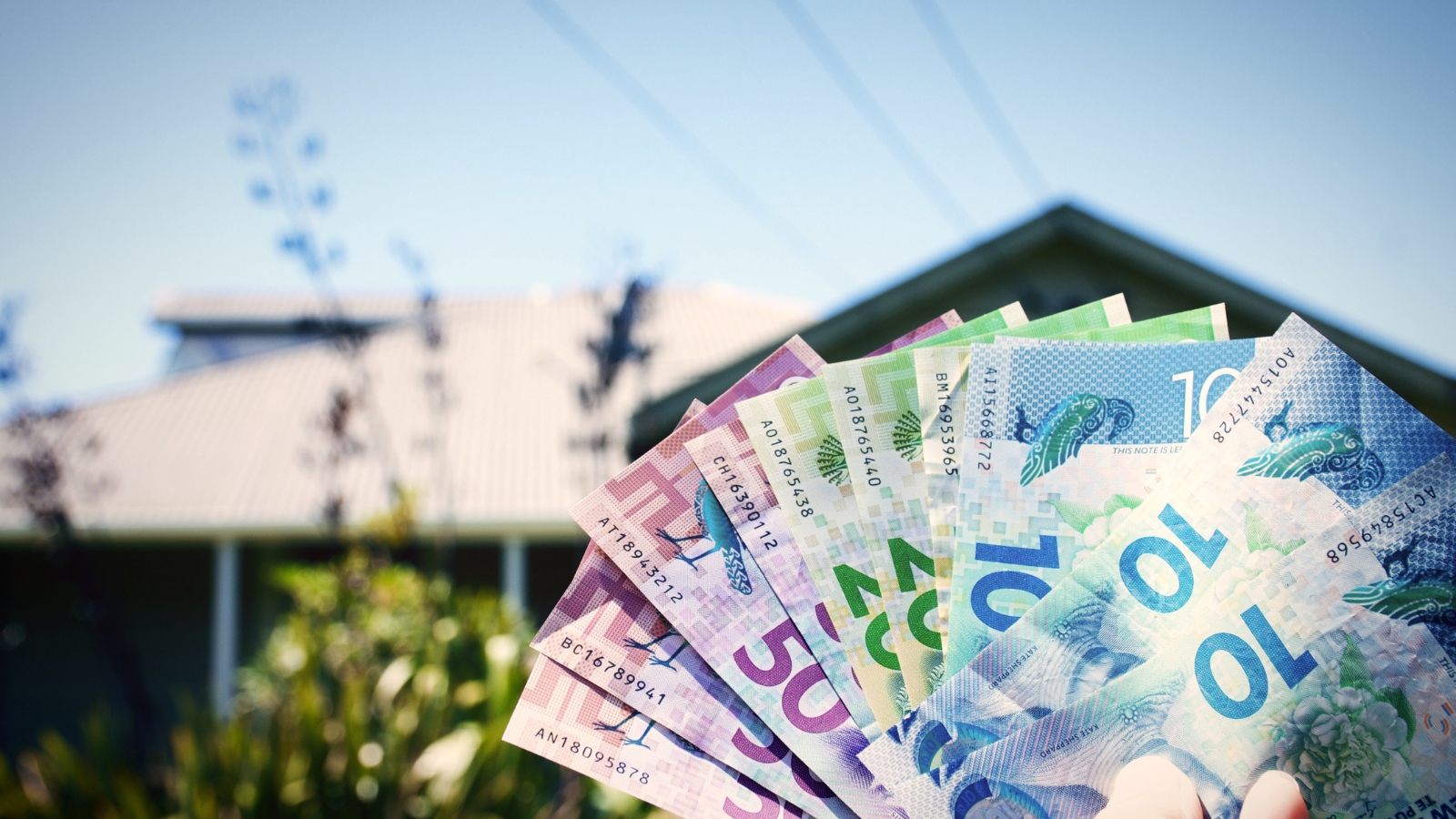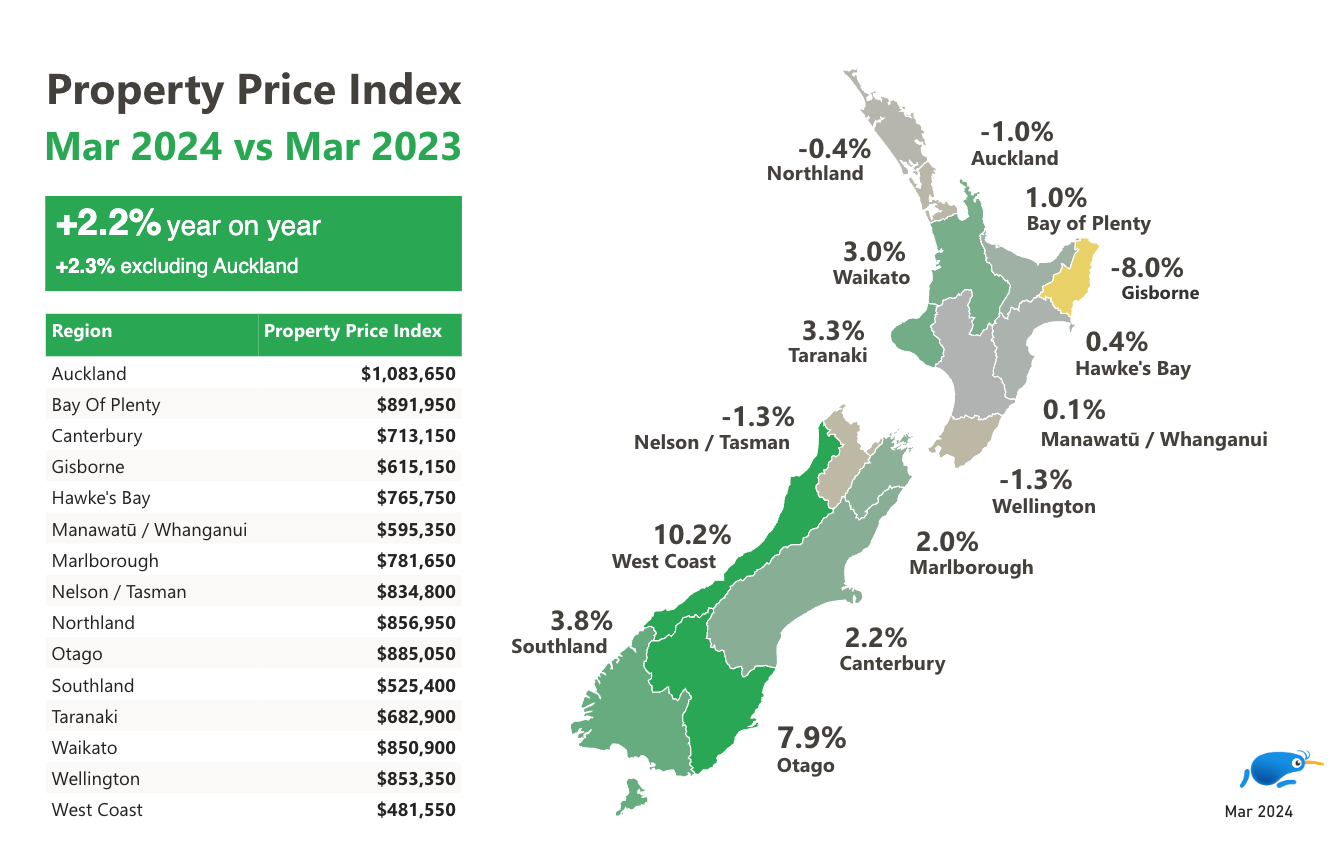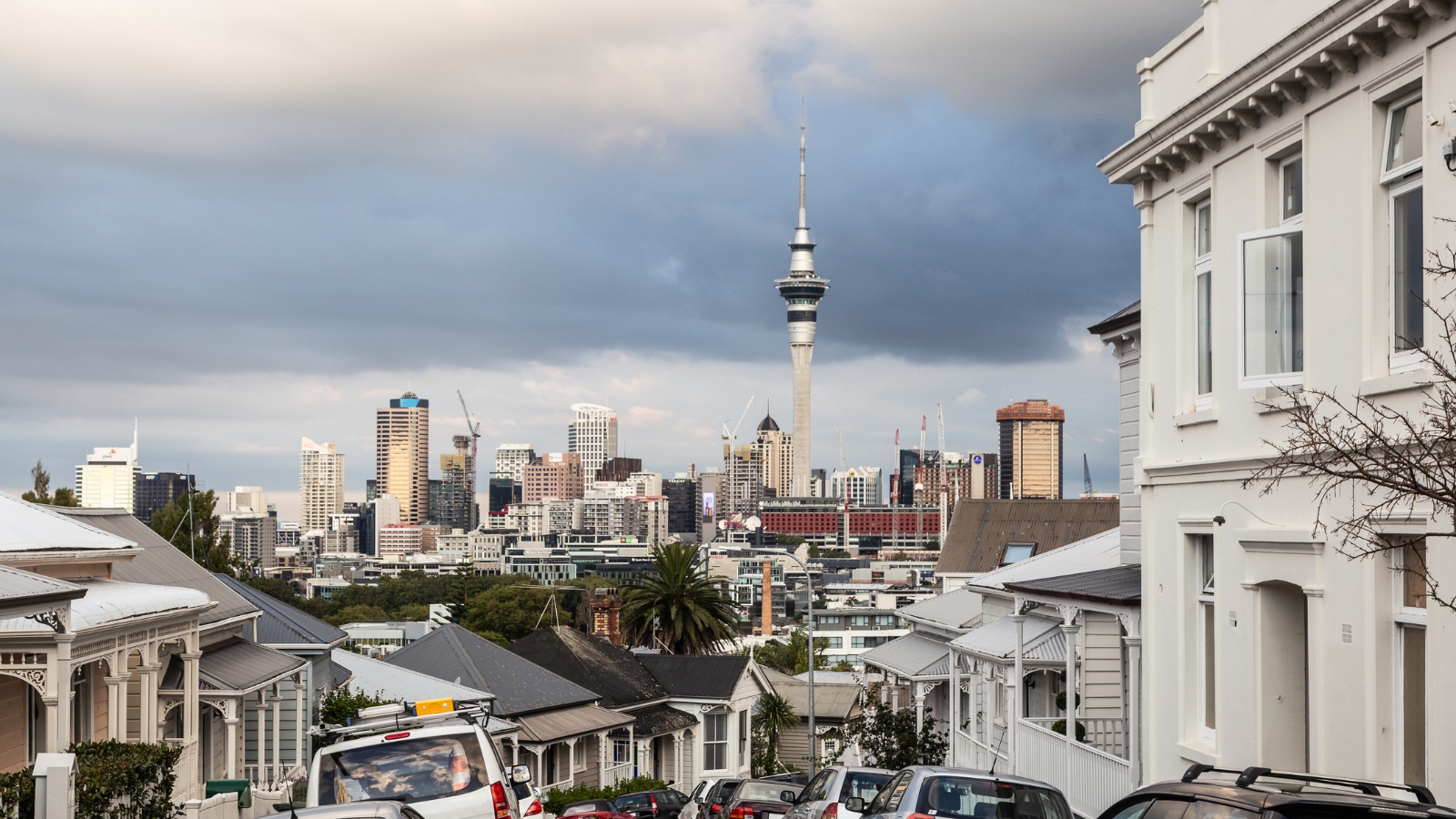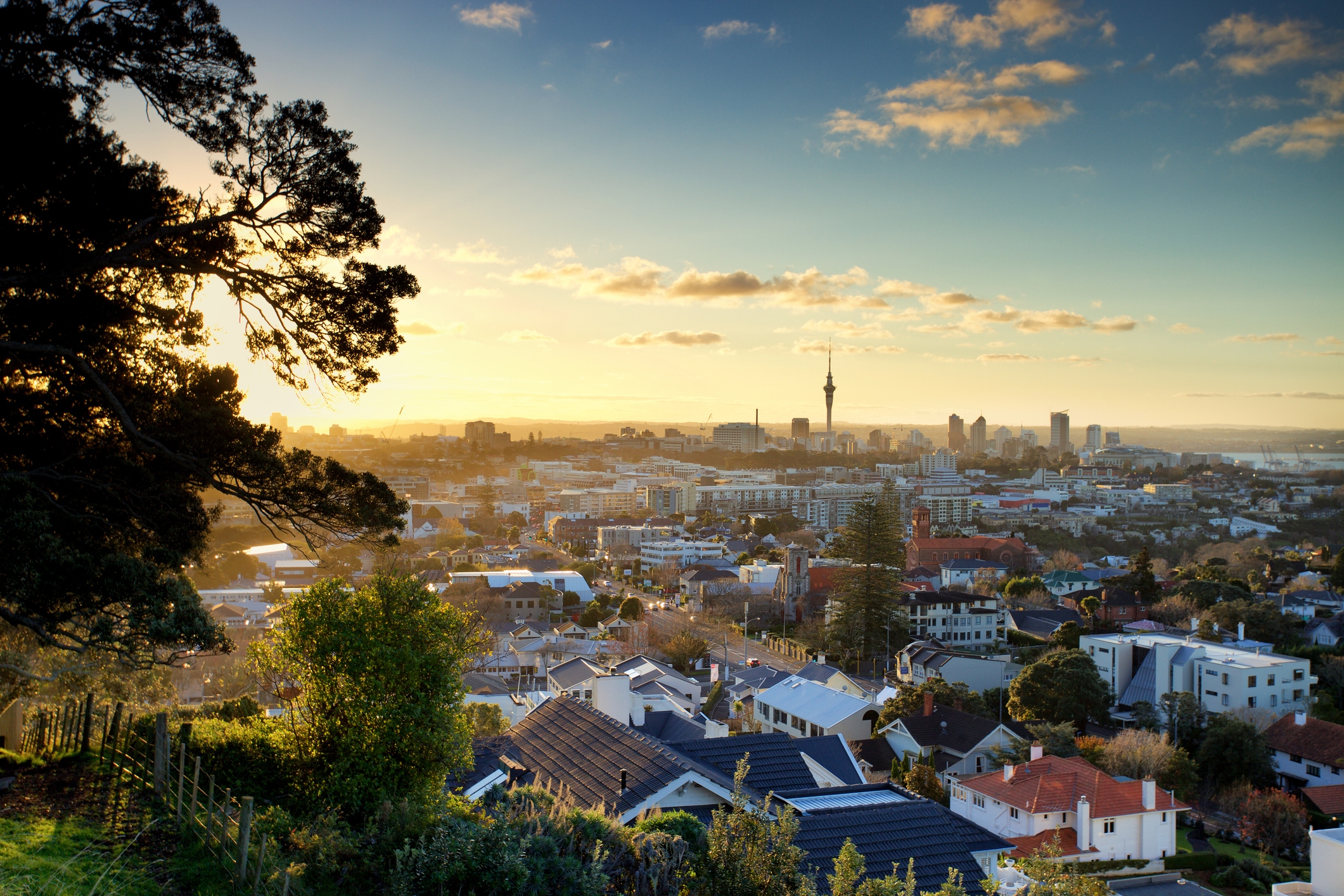Buying guide
What’s going on with house prices in NZ? (May 2024)
According to Trade Me data and expert economists

Whether you’re an investor, a first home buyer or an everyday home owner, it’s always good to keep an eye on house prices in NZ. It’s not easy though - the market shifts every month and property prices in NZ fluctuate constantly.
To keep you up to date we’ve used recent Trade Me Property & market statistics to take a closer look at:
What’s going on with the New Zealand housing market right now.
The average house price in NZ and every major region.
Whether now is a good time to buy.
We’ve also taken a look at what’s in the future for the NZ property market according to the experts.
Average house price in NZ
The average house price in NZ is $885,100, as of March 2024 - that’s 2.2% more than the same time last year. This March marked the first time in over a year that the average nationwide property price increased, which could indicate we’re at the end of the downturn.
New Zealand house prices: Major regions
House price movements in New Zealand’s major regions were a bit of a mixed bag during the year to March 2024:
Auckland, $1,083,650, down 1.0%
Northland, $856,950, down 0.4%
Bay of Plenty, $891,950, down 1.2%
Canterbury, $713,150, up 2.2%
GIsborne, $15,150, down 8.0%
Taranaki, $682,900, up 3.3%
Hawke’s Bay, $765,750, up 0.4%
Manawatū-Whanganui, $595,350, up 0.4%
Wellington, $853,350, down 1.3%
Marlborough, $781,650, up 2.0%
Otago, $885,050, up 7.9%
West Coast, $480,250, up 8%
Southland, $481,550, up 10.2%
As you can see, average prices in five out of nine regions in the North Island increased during the 12 months to March 2024. The South Island fared better - every region here except for Nelson/Tasman saw an average price increase with Otago and the West Coast performing particularly well.
For example, if you were to have purchased the average home in Otago in March 2023, and its value tracked the market exactly, you would have seen a capital gain of almost $70,000. If you did the same thing in Auckland you would have seen a capital loss of just over $10,000.
Trade Me's asking price data shows New Zealand's property market is recovering.
New Zealand housing market long term trends
From January 18 to May 2020 the NZ property market saw only modest price growth - around 6% in total. Then COVID struck, interest rates fell and the housing market went nuts:
House prices increased by a whopping 31.3% during the 18 months from May 2020 to November 2021.
Following that increase prices dipped immediately. REINZ data shows that New Zealand house prices decreased by 17.8% from November 21 to May 23.
The NZ property market is now recovering slowly but surely. The nationwide price increase in February is a sign of this.
Trade Me’s data suggests that March, April and May 2023 were the bottom of the downturn and that house prices slowly started to recover from that point.
Future predictions for NZ house prices
The economists at major banks and other key financial institutions have forecasted that New Zealand house prices will increase by the following amounts in 2024:
ANZ: 3%.
Westpac: 5.86%.
BNZ: 2.6%.
ASB: ‘a modest lift’.
Kiwibank: 4%.
Treasury: 2%
RBNZ: 3.4%.
Both Westpac and the Reserve Bank have forecasted that prices will increase at a faster rate during 2025, while ANZ have suggested that the subdued rate of growth will continue next year. While these experts are often right, they’re also often wrong - so take these predictions with a grain of salt.
House prices in Auckland decreased during the year to March 2024.
Is now a good time to buy property in New Zealand?
Yes and no. Right now, the average floating mortgage interest rate (8.547%) is at its highest level since the global financial crisis in late 2008. That means it may be difficult to secure a mortgage, as banks will assess whether or not you can afford to make repayments based on current interest rates. Paying your mortgage may also take a large chunk of your income.
On the other hand, house prices are at a relatively low level compared to November 2021 in particular. Interest rates may also start to come down in late 2024, early 2025 if expert forecasts are to be believed - and there are several factors pushing house prices upward. That includes increasing migration, property market-friendly policies from the coalition government and slowing rates of construction. With all that in mind, if you can afford to make mortgage repayments and secure a home loan, now could be a good time to buy a property before prices increase again.
Trade Me spokesperson Casey Wylde holds a similar view:
"It’s too early to tell if the prices will return to the highs we saw a few years ago, but consecutive months of increases is another positive sign for the property market,"
“With supply and demand almost at an even point - it’s a really good time for those who are thinking of buying to start seriously looking at securing a property. We know from our recent survey that 27.6 per cent of respondents intend on purchasing a property this year, so it’s better to act sooner rather than later before the market becomes flooded with buyers,” said Wylde.
DISCLAIMER: The information contained in this article is general in nature. While facts have been checked, the article does not constitute a financial advice service. The article is only intended to provide general information about the housing market in New Zealand. Nothing in this article constitutes a recommendation that any person should purchase any specific property. We cannot assess anything about your personal circumstances, your finances, or your goals and objectives, all of which are unique to you. Before making decisions about buying a property, we highly recommend you seek professional advice.
Author
Advice & Tools
Search
Other articles you might like









